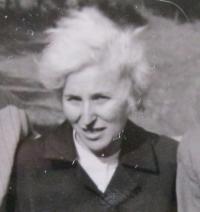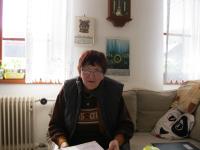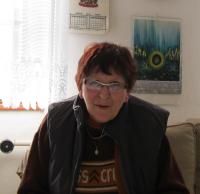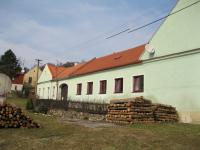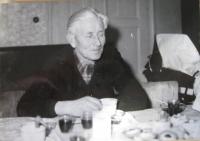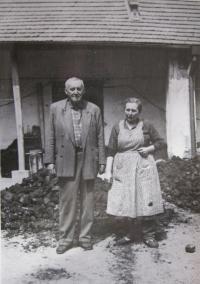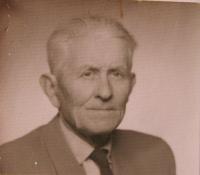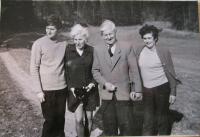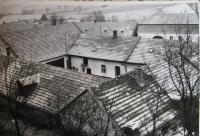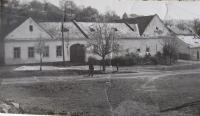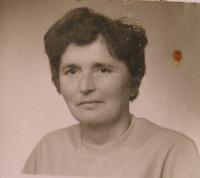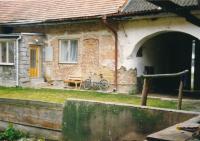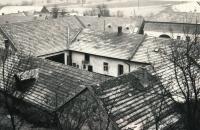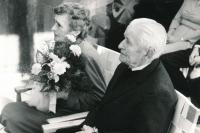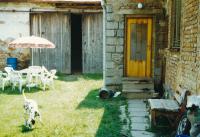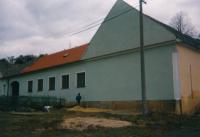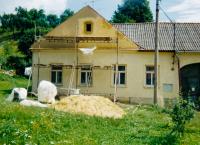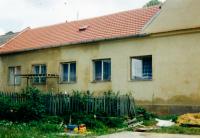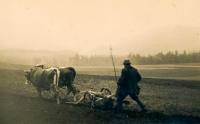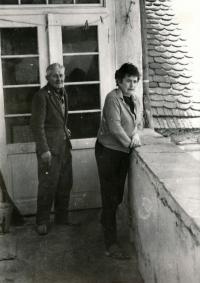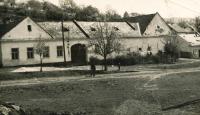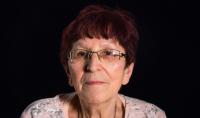Father was delivering a truckload of grain, but they still imprisoned him for not meeting the delivery quotas
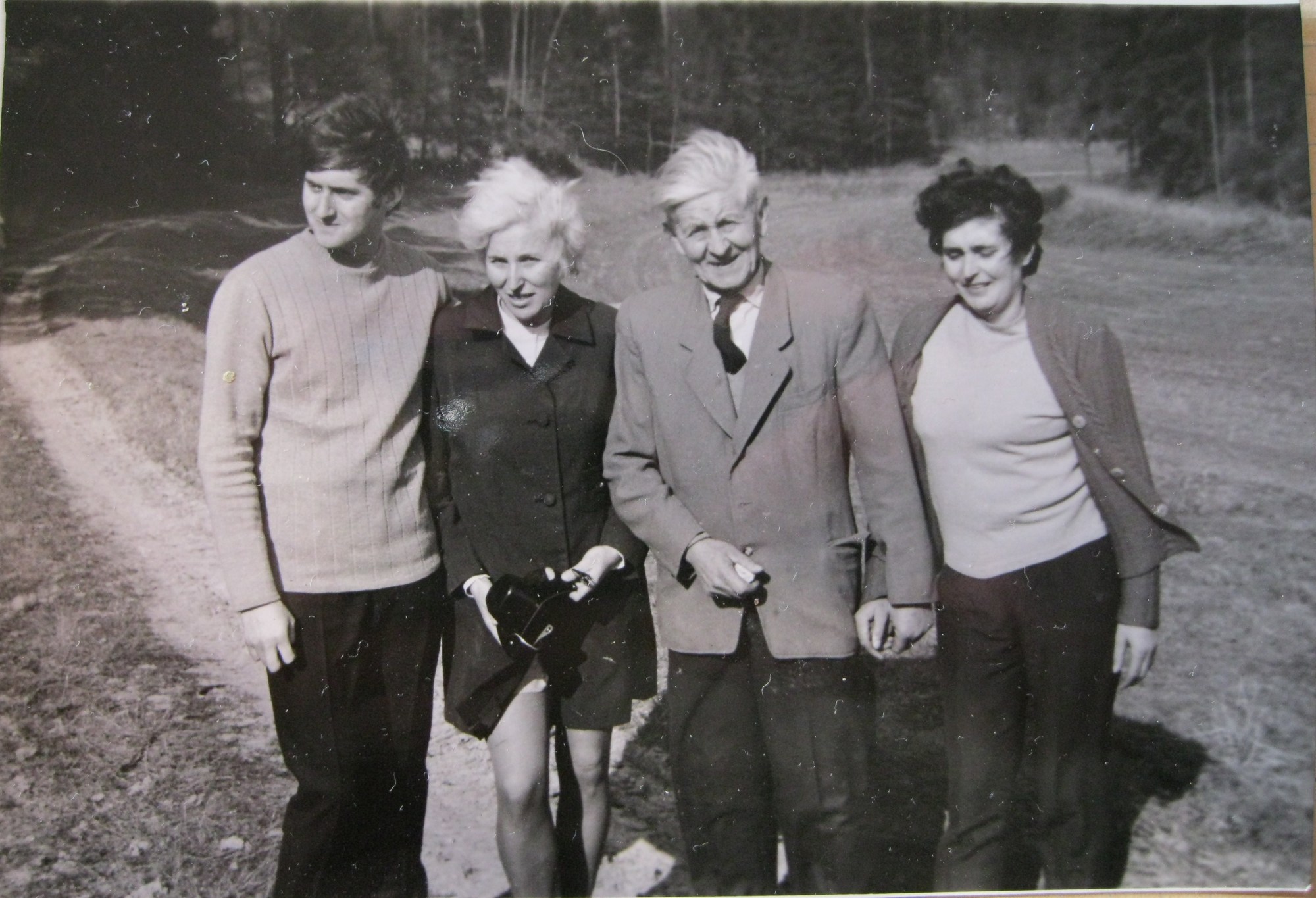
Stáhnout obrázek
Dáša Bičovská, née Lánská, was born in 1940 in the village of Petrůvka near Městečko Trnávka. Her parents had the largest farm in the village. Her father Herbert Lánský was therefore sentenced to five months of imprisonment and loss of all property in 1956. During his imprisonment the family was constantly bullied by the appointed farm administrator Adam Dalloš. After her father‘s return from prison the family had to move out of the district They spent several years in the village of Banín in miserable conditions. They were allowed to return in 1968 following a revision of the sentence. Only a small house on the estate and the garden were returned to them. The rest of the estate, which was in desolate conditions, was still being used by the unified agricultural cooperative. At this time, the witness was already living with her husband in Karviná. Hubert Lánský died in 1992. Dáša Bičovská returned to her native village in 1995 to care for her ill mother. She is still gradually working on restoring the farm.
